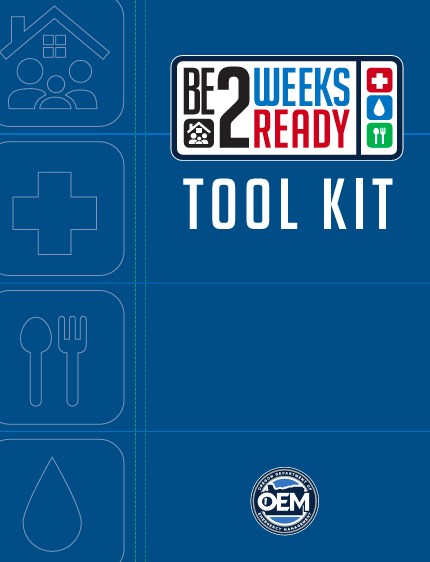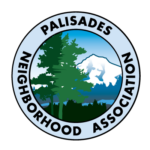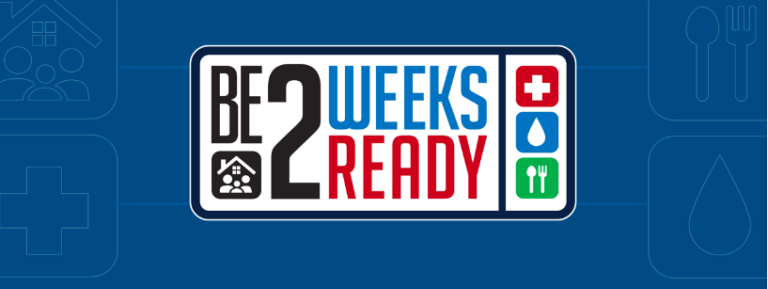
PNA has been following the City of Lake Oswego’s adoption of the Be 2 Weeks Ready (B2WR) Program. Oregon has faced a series of emergencies, including floods, droughts, wildfires, ice storms, heatwaves, and a pandemic. These events show the critical importance of being prepared. The Oregon Office of Emergency Management (OEM) aims to empower people to prepare effectively because once a disaster occurs, preparation time is over. This is why individuals, families, and communities should strive to “Be 2 Weeks Ready.”
“I found many helpful points that everyone should be familiar with like the familiarization of utility shutoffs at the home which is really critical,” says Rob Heape, Board Member, Area 11 Representative and member of the Emergency Prep Committee.
For information regarding Oregon’s overall efforts and to read more in depth about Part 7: First-Aid Plan, click here.
Summary of Part 7: First-Aid Plan
In the aftermath of a disaster, emergency medical services may be delayed, making it essential to know basic first aid to assist others until help arrives.
Quick Start Steps:
- The Three Ps of First Aid: Preserve Life, Prevent Deterioration, Promote Recovery.
- Build a First-Aid Kit: Assemble essential medical supplies tailored to your household’s needs.
- Oregon’s Good Samaritan Law: Provides legal protection when offering emergency assistance.
The Three Ps of First Aid:
- Preserve Life: Ensure proper circulation, airway, and breathing (C-A-B).
- Prevent Deterioration: Stabilize the person and prevent further harm.
- Promote Recovery: Offer comfort and encouragement.
Building a First-Aid Kit:
Having a well-stocked first-aid kit is key to being prepared. While pre-made kits are available, assembling your own can be cost-effective. Essentials recommended by the Red Cross include bandages, antiseptics, gloves, medications, and emergency instructions. Keep kits in your home, vehicle, and go bag.
Oregon’s Good Samaritan Law:
This law protects individuals from liability when providing emergency medical aid. If a person is unable to give consent due to their condition, you can assume “implied consent” and proceed with assistance.
Being prepared with first aid knowledge and supplies can make a life-saving difference in emergencies.
For assistance, explore this activity in the Be 2 Weeks Ready Program Toolkit.


